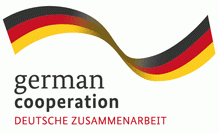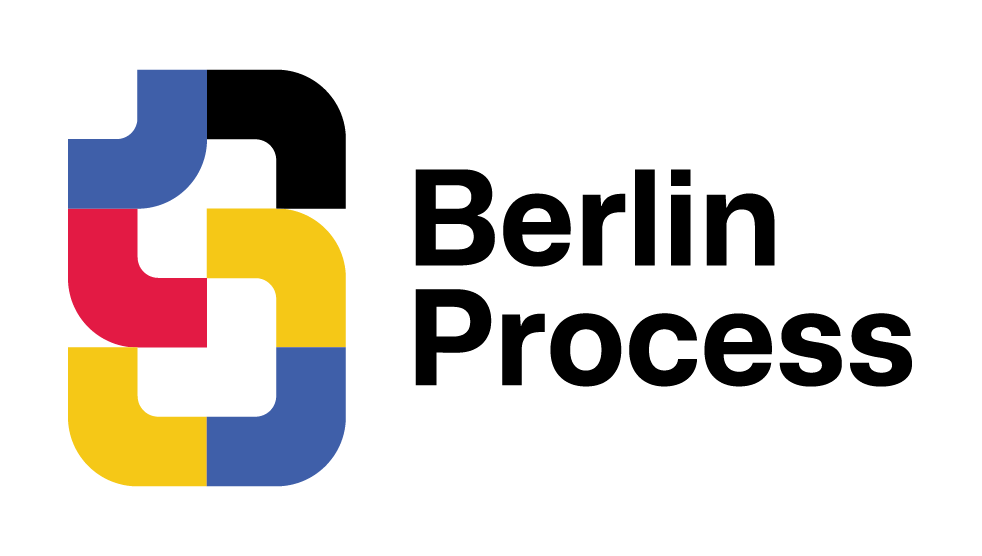The Berlin Process aims at improving regional cooperation as well as cooperation with the EU in a number of policy areas to support countries in the region in achieving EU standards and to bring concrete benefits to the citizens in the region. The Berlin Process has the advantage of broad international support and involvement, including EU Member states and institutions. It offers a more structured framework and a unique inclusive WB6 approach for dialogue and collaboration, which leads to more effective and sustainable outcomes compared to other initiatives. It helps increase the countries’ competitiveness and ultimately prepares the WB 6 for EU Membership:
- Economic development by improving regional economic cooperation through deepening of the Common Regional Market
- Energy security and energy transition
- The Green Agenda to support the alignment of the region with the EU goals set out in the European Green Deal
- The Regional Climate Partnership to support a Just and Green Transition
- Development of Food, Agriculture, Rural Development and Forestry
- Enhancing connectivity in the region through infrastructure projects (road, train, digital)
- Improved cooperation in the field of cyber security
- Increased cooperation in fighting organized crime and irregular migration
- Contribution to reconciliation and exchanges between and within societies in the region
- Social and economic inclusion of minorities including Roma as set out in the Declaration of Western Balkans Partners on Roma Integration within the EU Enlargement Process in Poznan 2019
- Business development through the exchange of politics, business and potential investors at a yearly Business Forum and through the Purchasing Initiative which strengthens the export business of Western Balkan companies.


